Latest flood news and conditions
- Flood Warning and Advisory Notification Map (BC River Forecast Center)
- Media Centre & Alerts
- EmergencyInfoBC
- Visit your local regional district or municipality’s website
- DriveBC - Road conditions and events
Learn about the steps you can take to prepare for floods or landslides, and to manage flood or landslide-related issues.
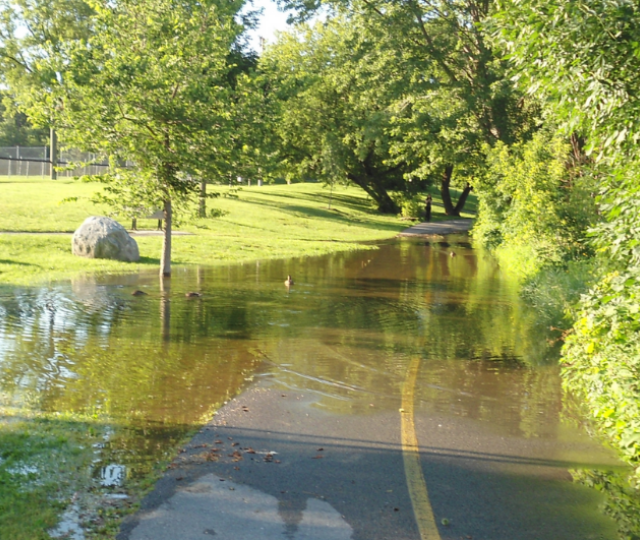
The following links provide information on flooding and landslide-related issues. For information related to your specific health situation, contact your local physician.
Floods and other disasters can damage drinking water wells and lead to groundwater and well contamination. Floodwater can contaminate well water with livestock waste, human sewage, chemicals, and other contaminants that can lead to illness when used for drinking, bathing, and other hygiene activities. Dug wells, bored wells, and other wells less than 50 feet deep are more likely to be contaminated, even if damage is not apparent (source CDC).
Get information for drinking water operators
Never use flood water or contaminated drinking water for drinking, preparation of baby food, personal hygiene (e.g., washing or brushing teeth) or washing dishes or surfaces you prepare food on.
View our drinking water page for information on sample results, advisories and private water systems.
All flood water should be considered contaminated.
Your on-site sewage disposal system may become unsafe to use if it is impacted directly by floods, damaged by heavy equipment or machinery, or had power outages.
If you find your sewage system was at risk of being impacted by floods or landslides or is not operating as intended (household plumbing is slow to drain, smells or pooling on the field area, etc.) then you should contact an authorized person to assess your system to ensure it is safe for use.
Visit Sewerage, Subdivisions & Healthier Industries to find more info on how to find an authorized person who can inspect and/or repair an onsite sewerage system, or to locate your on-Site sewage record
Any water systems in the Interior Region that experience disruption to regular operations, such as loss of treatment, loss of pressure, loss of power, loss of source or loss of system integrity should implement their emergency response procedures immediately. This includes issuing public notifications such as boil water notices, water quality advisories or do not use orders, as appropriate.
Follow your emergency response plan.
The following documents provide information that may assist food service operators address, remediate and manage operations to ensure public health safety, during and after wildfire events:
Follow your emergency response plan.
Food Safety
Water Quality
Waste Disposal
If your business has an on-site sewage disposal system, it may become unsafe to use if it is impacted directly by floods, landslides, damaged by heavy equipment or machinery, or had power outages.
If you find your sewage system was at risk of being impacted by floods or landslides or is not operating as intended (plumbing is slow to drain, smells or pooling on the field area, etc.) then you should contact an authorized person to assess your system to ensure it is safe for use.
The following documents provides information to assist community care homes and child care operators address, remediate, and manage operations to ensure safety of persons in care and employees, during and after wildfire events:
Follow your emergency response plan.
Find information on drinking water, food safety and waste disposal
Care for clients

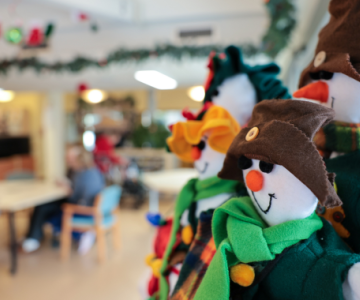
Those with dementia need special consideration during the holidays. Read our tips and advice to make the holidays enjoyable for everyone.
/stories/supporting-loved-one-dementia-during-holidays


Loreen’s ability to keep calm under pressure, paired with her caring nature, have been integral to her success and to the quality of care that she provides.
/stories/we-are-ih-experienced-nurse-always-steps-when-needed
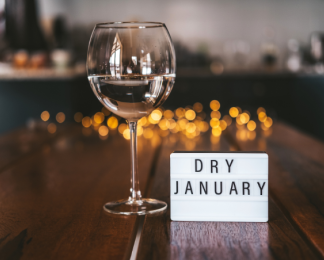
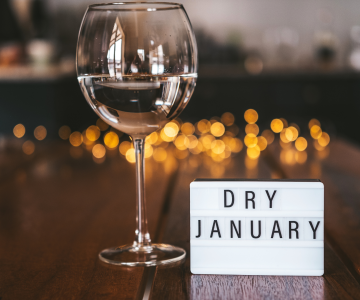
Many people like to do the Dry January challenge, but going dry isn't for everyone. Gain tips on reducing your alcohol consumption in the New Year and beyond..
/stories/thinking-going-dry-january-going-damp-great-option-too
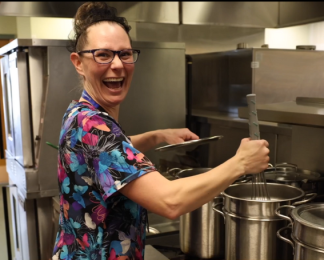
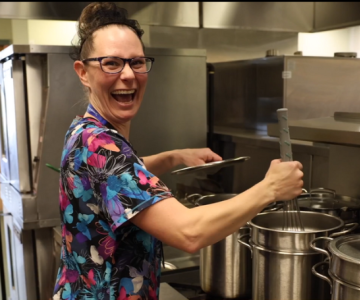
As we come to the close of 2024 we pause to reflect on the year and celebrate our achievements. Watch our short video of this year’s highlights across IH.
/stories/looking-back-and-celebrating-2024


All's well that ends well: For Kelowna health unit aide JQ, this simple phrase is more than advice—it’s a way of life.
/stories/we-are-ih-health-unit-aide-brings-positivity-every-day
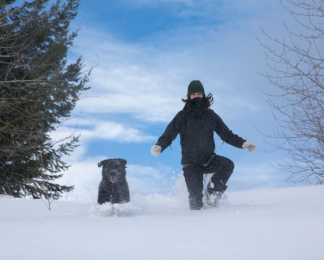
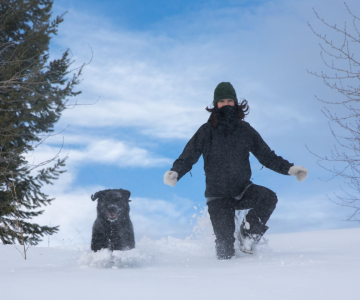
The winter and holiday season can bring joy, but can also bring stresses and challenges. Explore these 10 tips for supporting for mental and physical health.
/stories/10-healthy-habits-winter-and-holiday-season
Receive news and alert posts, and Stories@IH blog posts, right to your inbox!
